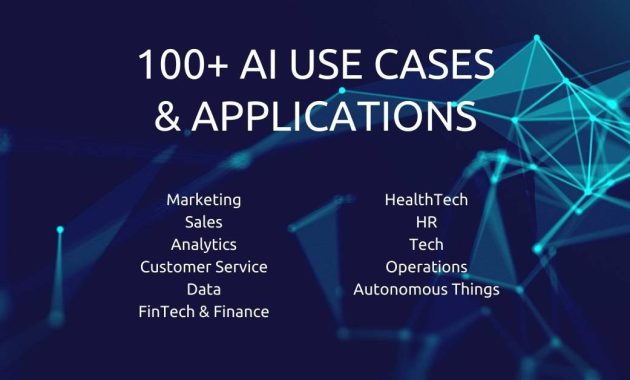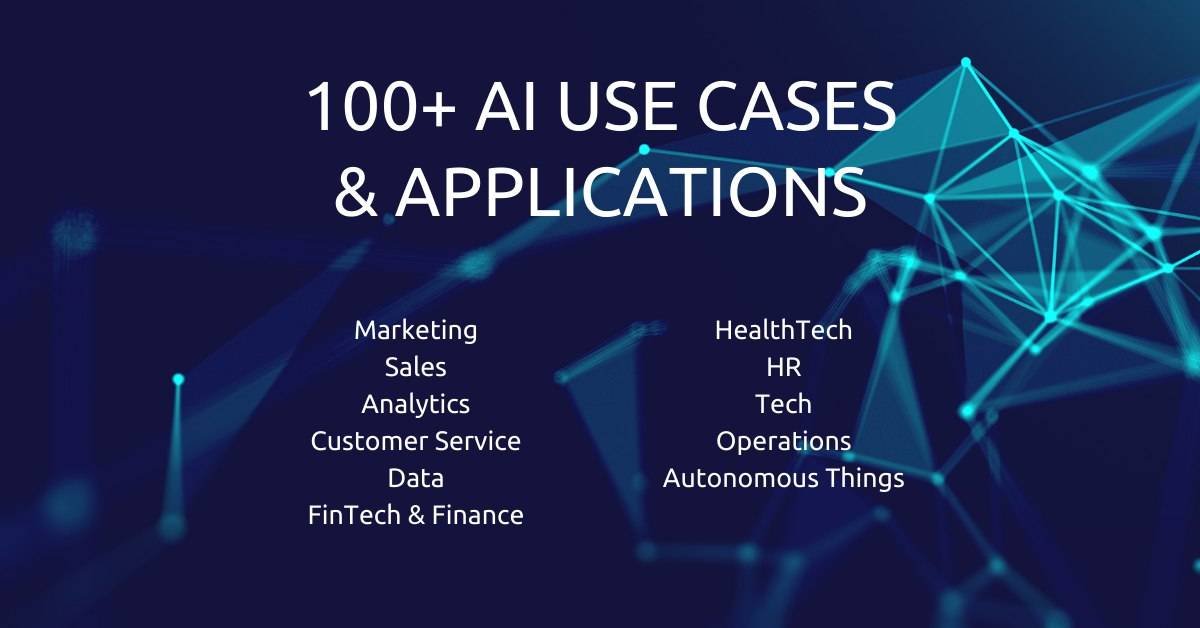
Unlocking Insights: Real-World Use Cases for Business Intelligence Software
In today’s data-driven world, businesses are drowning in information. But raw data is useless without the tools to understand it. This is where Business Intelligence (BI) software steps in. BI software transforms data into actionable insights. It empowers organizations to make informed decisions. This article explores practical use cases for Business Intelligence software in real-world applications. We will delve into how diverse industries leverage BI to gain a competitive edge. We will examine how BI software facilitates better decision-making. We will also see how it drives operational efficiency. The goal is to provide a comprehensive understanding of the value of BI.
Understanding the Power of Business Intelligence
Business Intelligence software is more than just a reporting tool. It is a comprehensive ecosystem. It enables data collection, analysis, and visualization. BI platforms gather data from various sources. These include databases, spreadsheets, and cloud applications. They then process this data. They create reports, dashboards, and interactive visualizations. These tools allow users to identify trends. They also help them spot anomalies. This empowers them to make data-driven decisions. BI software provides a holistic view of business performance. It gives stakeholders the ability to monitor key metrics. They can also track progress toward strategic goals. Effective BI implementation often leads to significant improvements. These improvements can include increased revenue. They can also include reduced costs. They can also include enhanced customer satisfaction.
Use Cases for Business Intelligence Software Across Industries
The application of Business Intelligence software is broad. It spans across many industries. Below are some specific examples. These examples showcase the versatility and value of BI.
Retail: Optimizing Sales and Inventory
Retailers face intense competition. They must optimize operations to succeed. Business Intelligence software helps retailers analyze sales data. They can identify top-selling products. They can also optimize inventory levels. BI tools track customer purchasing behavior. They analyze sales trends across different locations. This information informs decisions on product placement. It also informs pricing strategies. They can also determine effective marketing campaigns. BI solutions help retailers reduce waste. They can also improve profitability. They can also enhance customer experience.
Healthcare: Improving Patient Outcomes and Operational Efficiency
Healthcare organizations generate vast amounts of data. This includes patient records, clinical data, and financial information. Business Intelligence software enables healthcare providers to analyze this data. They can improve patient outcomes. They can also streamline operations. BI helps identify areas for improvement. These improvements might be in treatment protocols. They might be in resource allocation. BI also monitors key performance indicators (KPIs). These KPIs can include patient readmission rates. They can include treatment success rates. BI also aids in fraud detection. They also ensure compliance with regulations. This ultimately leads to better patient care.
Manufacturing: Enhancing Production and Supply Chain Management
Manufacturers rely on efficiency. They depend on effective supply chain management. Business Intelligence software plays a crucial role in these areas. BI helps manufacturers monitor production processes. They can identify bottlenecks. They can also optimize resource allocation. BI solutions analyze data from sensors on the factory floor. They also analyze data from supply chain partners. They can predict equipment failures. They can also streamline logistics. This leads to reduced downtime. It also leads to lower costs. BI also improves overall operational efficiency.
Finance: Detecting Fraud and Managing Risk
Financial institutions deal with massive amounts of sensitive data. They must protect against fraud. They also manage financial risks. Business Intelligence software provides tools for these crucial tasks. BI solutions analyze transaction data. They identify suspicious patterns. They also detect fraudulent activities. BI enables financial institutions to assess risk. They can make informed investment decisions. They can also ensure regulatory compliance. BI also helps optimize financial performance. They can also enhance customer service.
Marketing: Personalizing Campaigns and Improving ROI
Marketing teams leverage data to target the right customers. They also want to optimize their campaigns. Business Intelligence software is essential for these efforts. BI allows marketers to analyze customer behavior. They can segment audiences effectively. They can also personalize marketing messages. BI helps track the performance of marketing campaigns. They can measure return on investment (ROI). They can also optimize marketing spend. BI enables marketers to make data-driven decisions. They can also improve campaign effectiveness. They can drive better results.
Key Features of Effective Business Intelligence Software
Not all Business Intelligence software is created equal. Several key features are essential for success. These features are critical to extracting value from data.
- Data Integration: The ability to connect to and integrate data from various sources is crucial.
- Data Visualization: Interactive dashboards and reports make data easier to understand.
- Data Analysis: Advanced analytical capabilities enable deeper insights.
- Reporting: Customizable reports provide actionable information.
- Mobile Access: Access to data on the go is increasingly important.
- Security: Robust security features protect sensitive data.
Implementing Business Intelligence Software Successfully
Implementing Business Intelligence software requires careful planning. It requires a strategic approach. Consider the following steps for successful implementation.
- Define Clear Objectives: Identify what you want to achieve with BI.
- Choose the Right Software: Select a platform that meets your specific needs.
- Clean and Prepare Data: Ensure data quality before analysis.
- Train Users: Provide adequate training for effective use.
- Monitor and Evaluate: Continuously monitor performance and make adjustments.
The Future of Business Intelligence
Business Intelligence software continues to evolve. New technologies are emerging. These technologies are transforming the landscape. Artificial intelligence (AI) and machine learning (ML) are playing a growing role. These technologies automate data analysis. They also provide predictive insights. Cloud-based BI solutions are becoming more prevalent. These solutions offer increased scalability. They also offer greater accessibility. Self-service BI tools are empowering business users. They are enabling them to analyze data independently. The future of BI is about making data more accessible. It is about making it more actionable. It is about empowering organizations to make better decisions.
Conclusion: Harnessing the Power of Data
Business Intelligence software is a powerful tool. It empowers organizations to unlock the value of their data. By understanding the various use cases for Business Intelligence software, businesses can make better decisions. They can improve operational efficiency. They can also gain a competitive edge. From retail to healthcare to finance, BI is transforming industries. It is driving innovation. It is also driving growth. As technology evolves, the importance of BI will only continue to grow. Businesses must embrace BI. They must harness the power of data. This will ensure success in today’s competitive landscape.
[See also: Related Article Titles]
